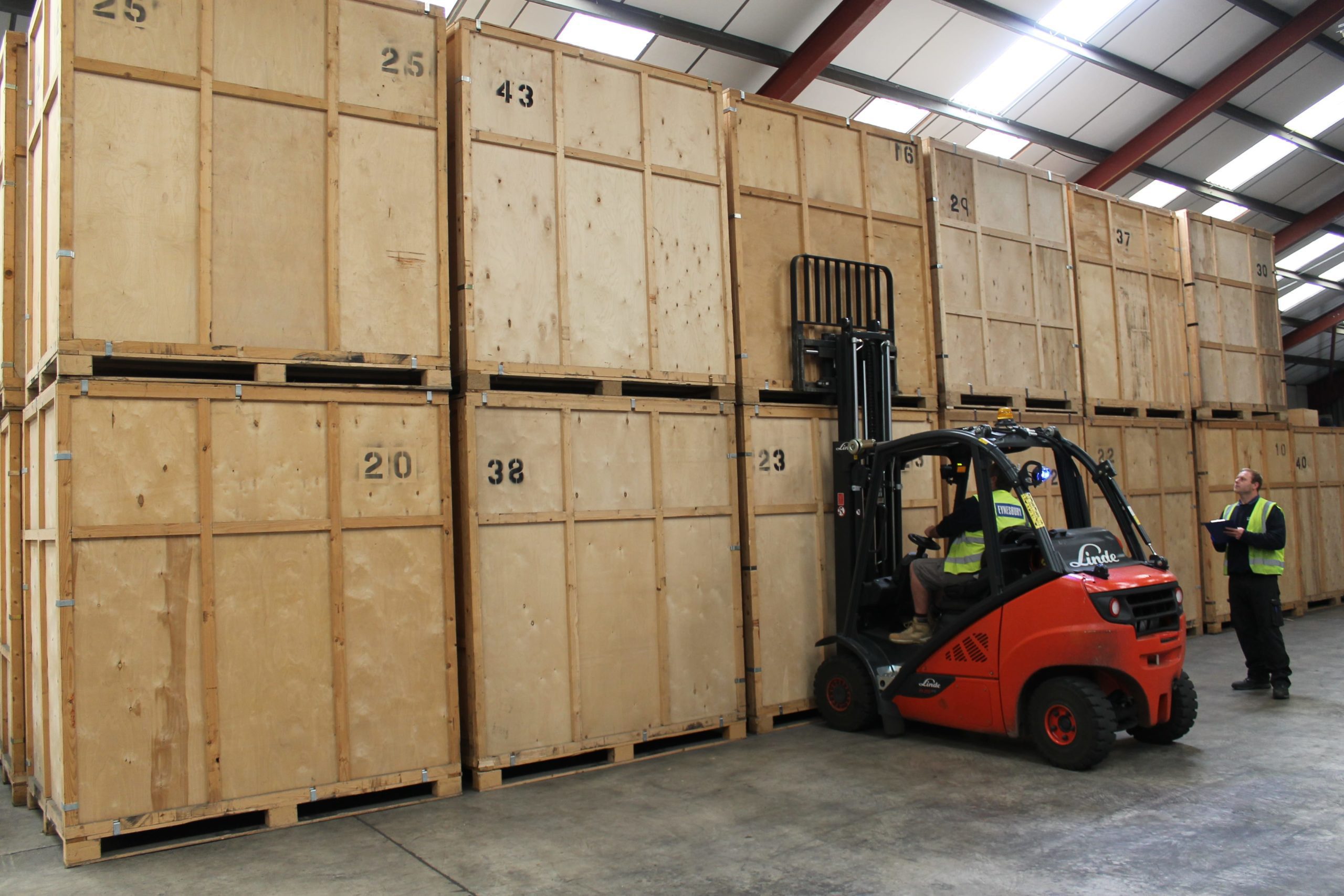We often hear the term ‘Warehousing and Logistics’, as they are part of the same business sector, but many people get them mixed up, and don’t actually know the difference.
Both logistics and warehousing work in tandem to fulfil functions within the supply/demand chain of a business. Logistics concentrates on the delivery of goods stored in a warehouse, whilst warehousing itself does what it says on the tin; providing safe storage of goods within a building. In order for both aspects to work effectively, they have to work side by side. You could say Warehousing and Logistics are a double edged sword; you rarely get one without the other!
What is Warehousing?
Warehousing is the term used for warehouse storage. It is a commercial property or large building where goods are stored before they are dispatched to consumers. It provides a central location for receipt, storage, and distribution of goods either on a long or short term basis.
Warehousing covers a number of aspects; receiving, unloading, and checking inbound items as well as storage, picking and packing, and returns.
Self-storage warehouse facilities work in a slightly different way, where consumers are in charge of their own units. These are generally used to store large, personal effects, either on a short term basis (in the case of house moves etc) or longer term (permanent storage of large items that consumers have no room for at home).
What is Logistics?
Logistics covers the commercial activity of transporting goods to customers, handling the ‘flow’ of goods and products, both inbound and outbound. It covers transport and inventory, ultimately moving goods and products to the warehouse for storage, or out of the warehouse for delivery to consumers. This should not be confused with ‘supply chain management’ which refers to a larger network of outside organisations, including vendors, transportation providers, call centres, and others.
Logistics plays a huge part in our economy. Although many businesses focus on design and production of their products, these would be useless if those products cannot reach suppliers and customers.
So, warehousing and logistics provide two separate functions under the same umbrella. They provide safe storage and delivery of products. It would be impossible for one to function without the other!
You can find more information on our warehousing solutions here.

